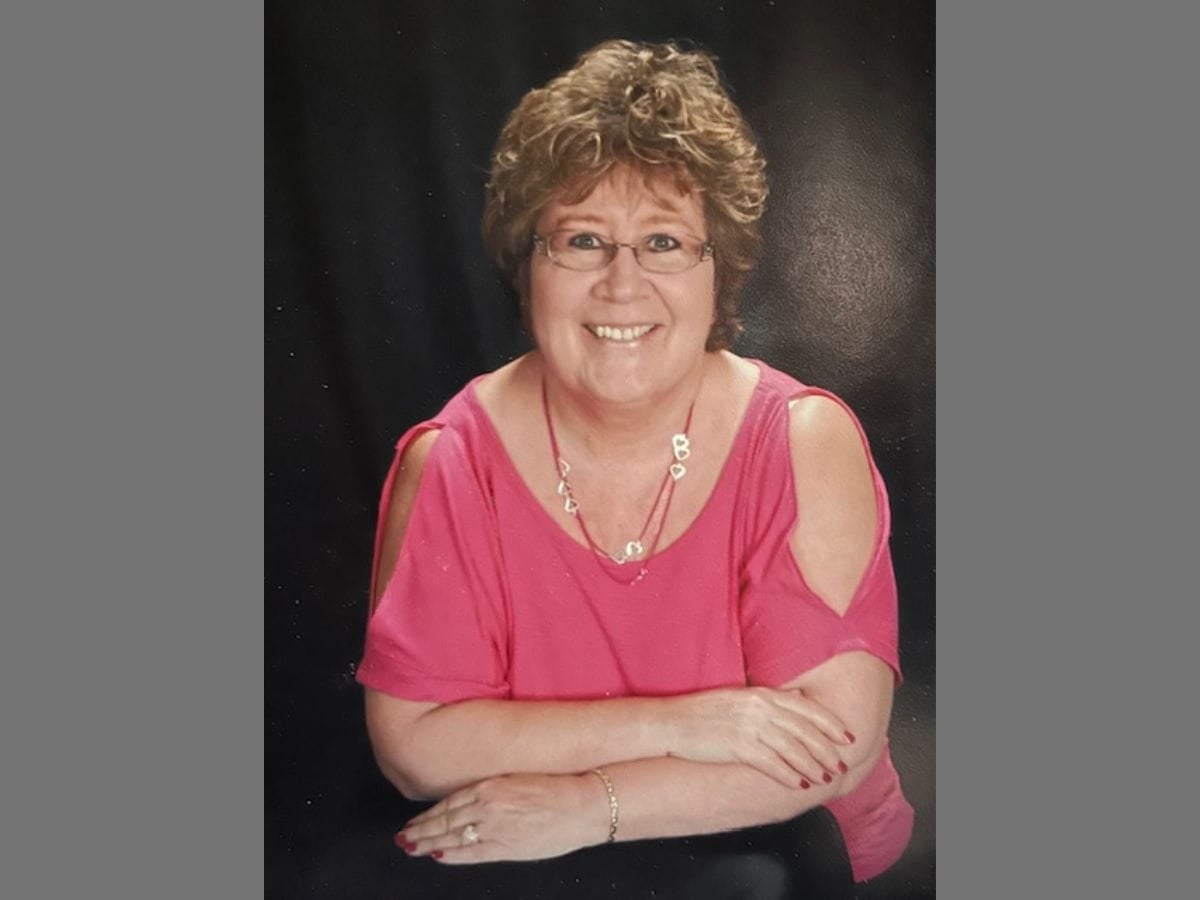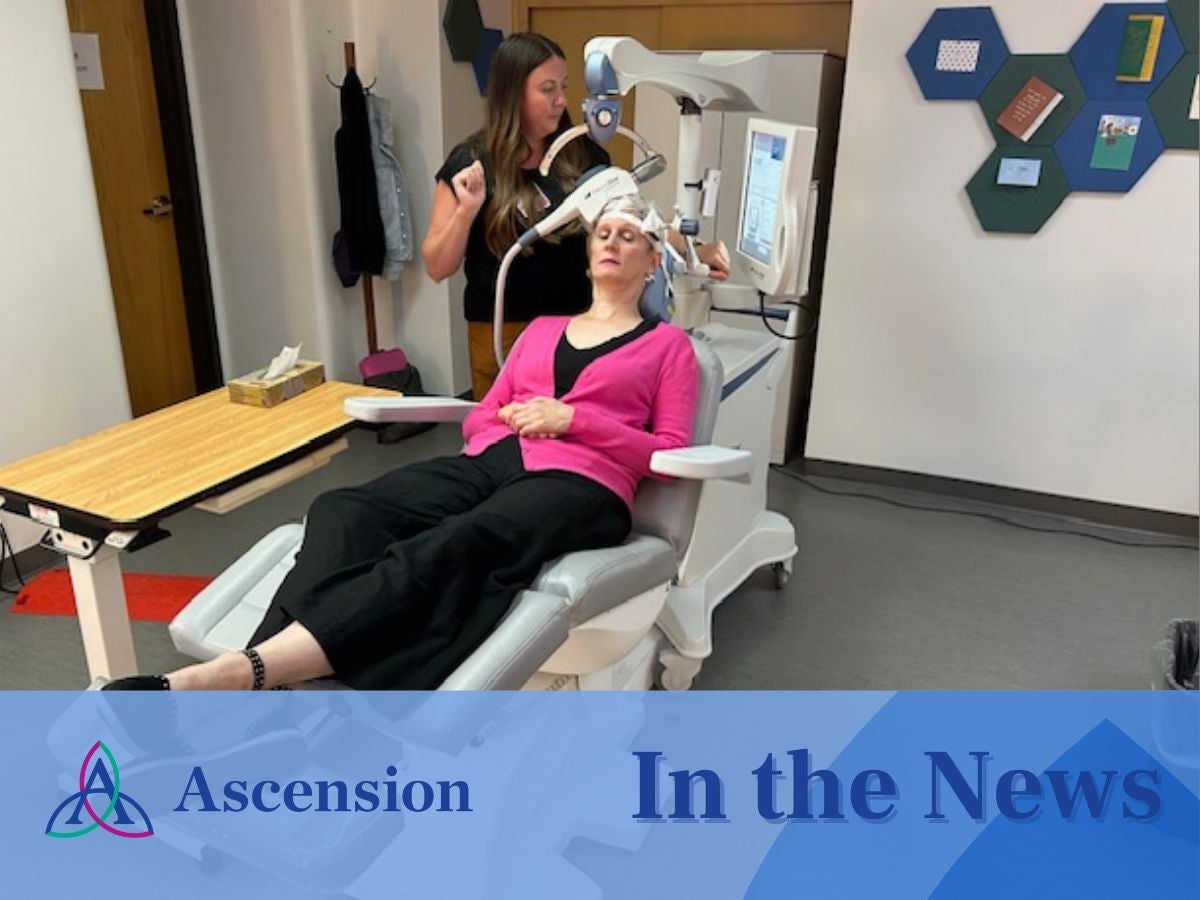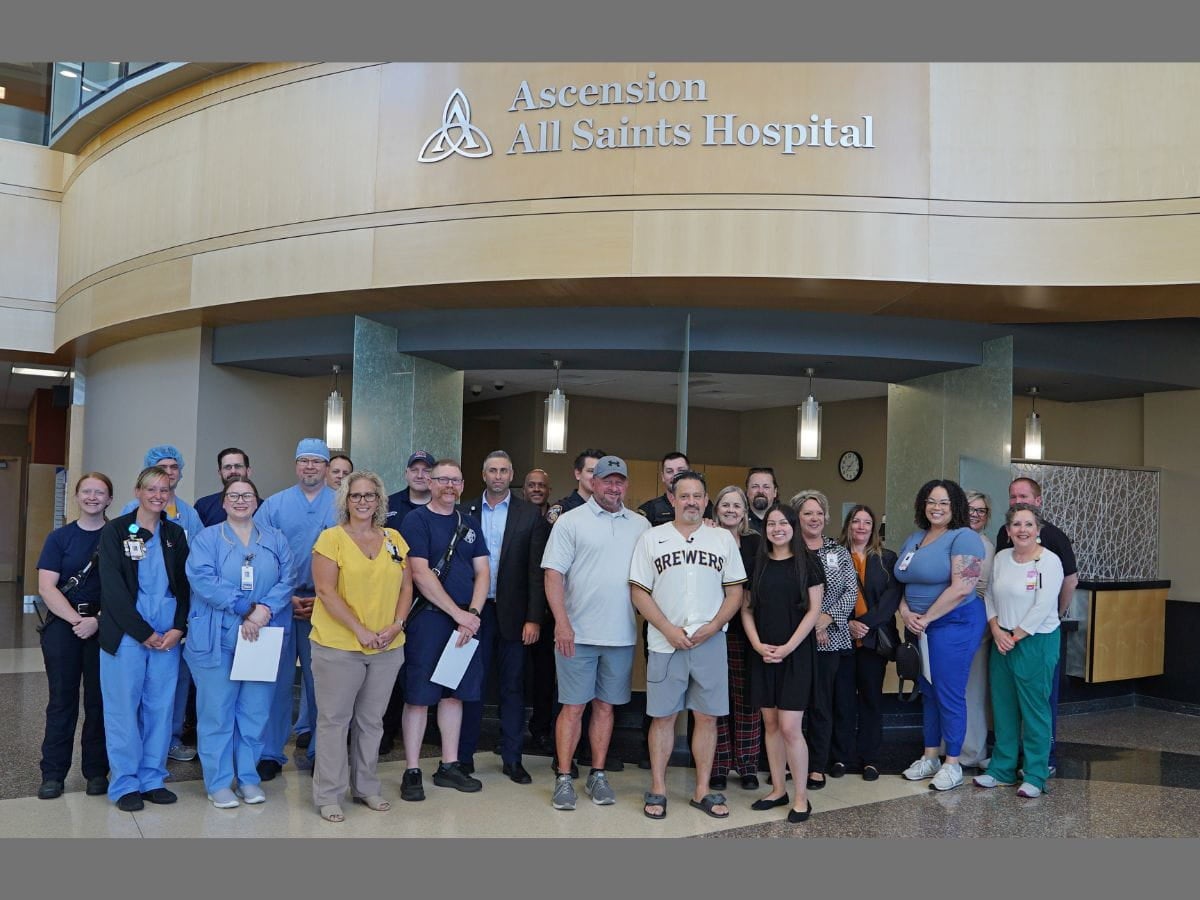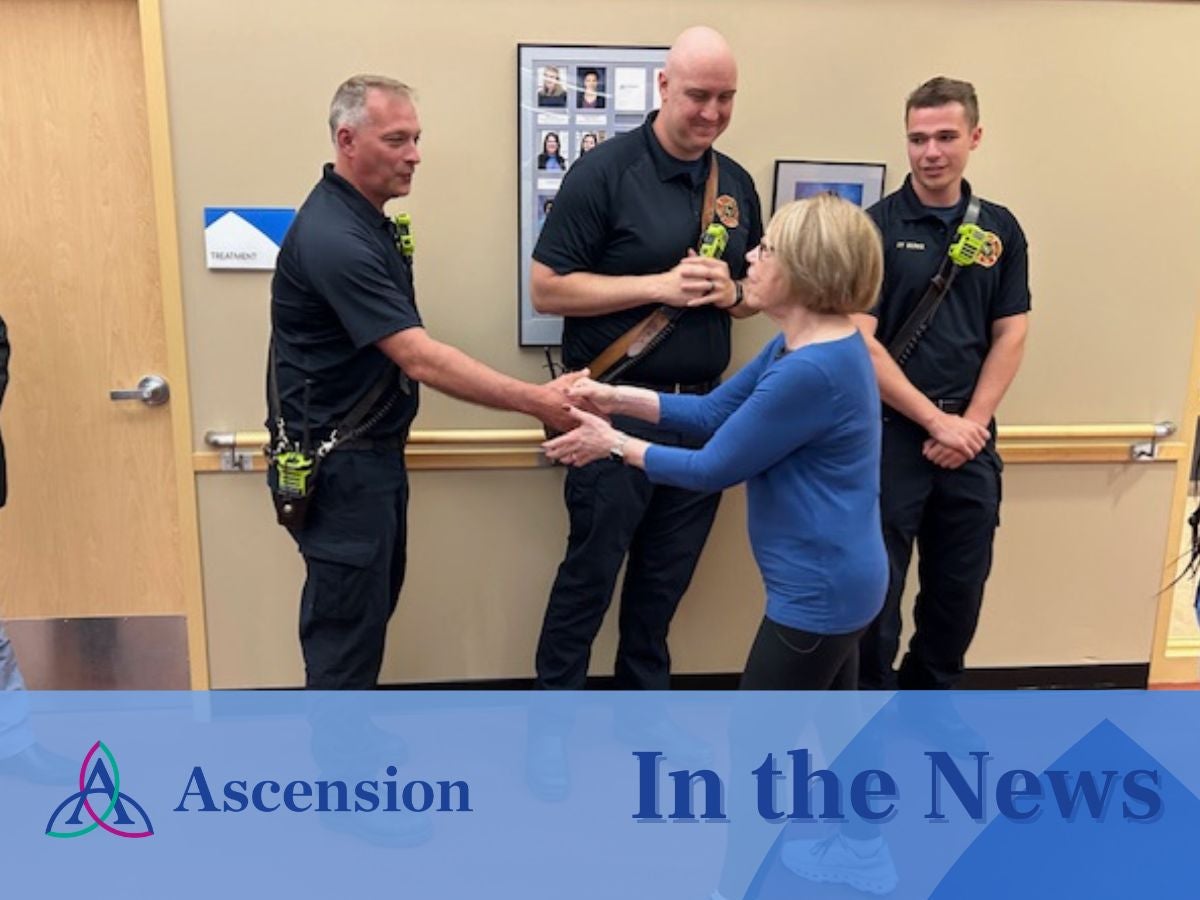Lung cancer remains a significant health challenge in the United States, where it is the second most common cancer. That’s why 71-year-old Appleton resident and former smoker Charlene Welter was not surprised when her doctor told her she had a tumor in her lung nearly seven years ago.
“I’d smoked since I was 17, but I quit in 1999,” Welter said. “After the discovery of the tumor, the doctor said we’d need to keep an eye on it.”
Due to its size and the fact that the mass was not growing, Welter’s doctor set up regular visits to monitor the tumor. However, in the spring of 2024, Welter’s CT scans showed that the tumor had increased in size by three-tenths of a centimeter.
“When that happened, even though it was a slight increase in growth, my doctor said I should get a biopsy to see if it was cancerous,” Welter said.
Early detection plays a vital role in improving cancer survival rates, but diagnosing small, peripheral lung nodules has traditionally been a challenge.
"By utilizing this new robotic bronchoscopy, a state-of-the-art technique, our team at Ascension NE Wisconsin - St. Elizabeth Campus was able to accurately locate and biopsy Charlene’s tumor," said Ascension Wisconsin Pulmonologist Dr. Nicholas Freeman, who has performed more than 100 robotic bronchoscopies.
Unlike traditional bronchoscopies, which can struggle with hard-to-reach nodules, robotic bronchoscopy provides exceptional precision, allowing doctors to access small, peripheral nodules with minimal invasiveness. This technology enhances early detection, making it possible to diagnose cancer early, when it is most treatable, and has been shown to increase survival rates.
After the procedure, Welter was diagnosed with stage one lung cancer.
“This technology gave us the ability to set everything in motion as soon as possible for Charlene,” Dr. Freeman said. “It was the difference between her having advanced-stage lung cancer and her current outcome.”
After additional medical tests, Welter underwent surgery to remove her tumor. Fortunately, she did not require chemotherapy or radiation as part of her follow-up care.
“I’m thrilled we were part of a journey that could give her more years of quality life,” Dr. Freeman said.
“My care team at Ascension made this process and coming back from this diagnosis much easier than I thought it would be,” Welter said. “I’m feeling great, and I appreciate that I’m able to spend more time with my family. I’m glad I’m still here.”
Four weeks after her surgery in the summer of 2024, Welter began walking four to five miles a day to keep her lungs and body active—and she hasn’t stopped since.
Robotic Bronchoscopies at Ascension St. Elizabeth
Since 2022, doctors at Ascension St. Elizabeth have performed more than 200 robotic bronchoscopies. This technology and approach not only reduce the risk of complications but also streamline the diagnostic and treatment process, reducing the number of follow-up procedures and offering a more efficient, comfortable experience for patients.
If you are over 45 and have a significant history of smoking, make sure you are scheduling regular appointments with your primary care provider and ask your doctor about lung cancer screenings to decide which one is best for you. To find an experienced Ascension Wisconsin specialist in lung cancer, visit our website at healthcare.ascension.org.
Lung Cancer Care at Ascension Wisconsin
At Ascension Wisconsin Cancer Care, our experienced lung specialists are part of a national team of doctors, sharing best practices and advanced treatment options for lung cancer care and benign lung nodules – bringing the best of oncology to you, close to home.
When you choose Ascension Wisconsin, you get a multidisciplinary team of doctors prioritizing early and personalized treatment: board-certified, fellowship-trained thoracic surgeons, pulmonary medicine specialists, radiologists, medical oncologists, radiation oncologists, a care navigator, and a dedicated team of oncology nurses, dietitians, and cancer specialists. Your doctors and care team will deliver a customized care plan for your cancer from diagnosis through survivorship.




